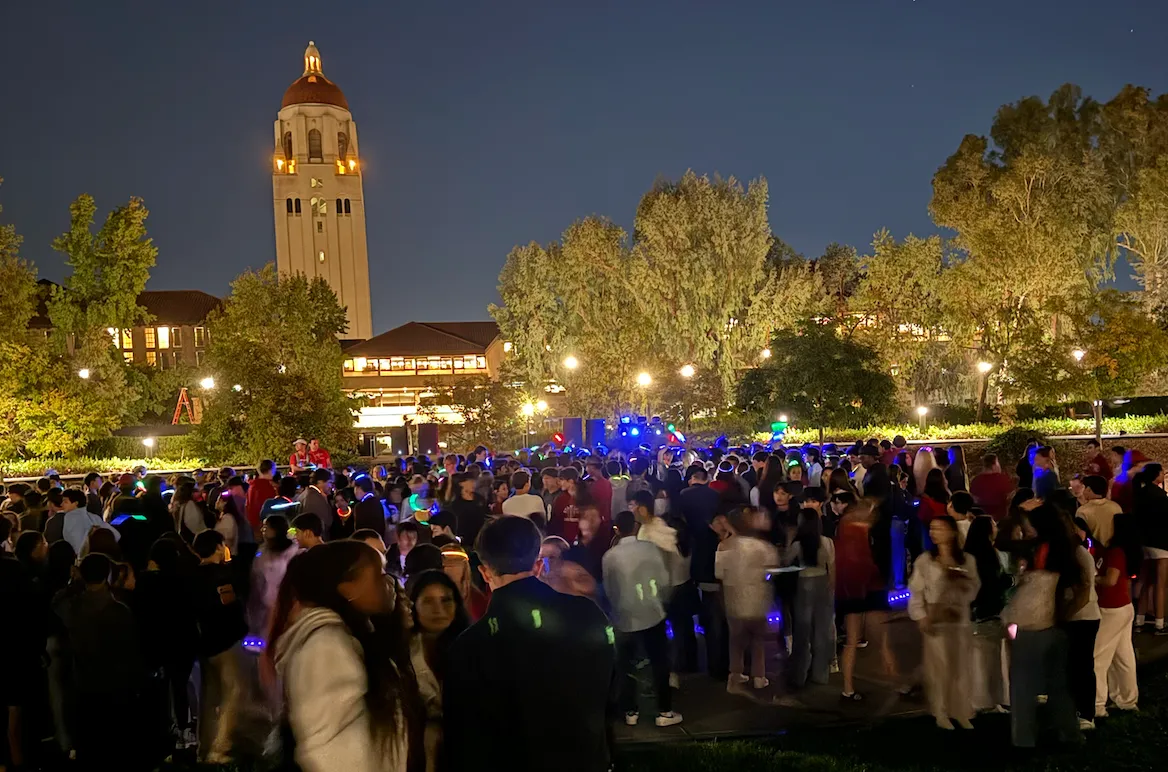Table of Contents
For thirty-five years, the Review has documented the repression of students’ heterodox ideas. Recently, however, professors who challenge progressive ideology are now being increasingly targeted. They have fewer job prospects, often bear visible hostility, and even risk losing tenure. Students are not only less willing to accept instruction that does not conform with progressive orthodoxy — they feel psychologically threatened by it. Of course, academic disagreement, particularly between generations, has occurred since Aristotle left Plato’s Academy to found his Lyceum. However, when disagreement arises in the modern university, students resort to silencing, removing, and punishing professors with whom they disagree.
A recent Daily piece denouncing Stanford COMPLIT123 Professor Joan Resina for supposed discrimination in class is a prime example of this concerning phenomenon. The facts clearly show that Resina was not discriminatory. Despite this, the Stanford administration and the Division of Languages and Literatures refuse to defend Resina and remain embarrassingly docile to students’ demands. The students who seek to remove him ought to reflect upon what they are advocating. Seeking to silence their professors is nothing short of disastrous for the university.
The supposed ‘discriminatory act’ occurred during a discussion of The Mandarin, a novella by Portuguese writer Eça de Queirós. According to the Daily, students criticized the depiction of Chinese people in the novella but came to class “ready to engage critically with the text despite its orientalist elements.” However, according to one student, Professor Resina created an “atmosphere of hostility by repeatedly asserting that we should abstract away from the racial element of the book.” The most egregious error? When a student responded by articulating that “morality applies differently to colonizers and colonized people,” Resina, a professor at Stanford since 2006, interrupted her and told her that focusing on “identity politics” was incorrect. Resina emphasized that the killing of the Chinese official in the novella had a universal moral significance.
Eight of the class’s ten students then signed a letter that denounced The Mandarin, accused Professor Resina of racism and sexism, and listed demands including removing Resina from the course. When the Comparative Literature department did not remove Resina from the course, students expressed disappointment to the Daily. One student stated that “I have been deprived of the opportunity of going to class if I do not want to see him again.” The entitlement here is striking. Failure to remove a teacher somehow obstructs one’s ability to attend class.
However hurt the student may feel, accusing Professor Resina of sexism and racism on these facts is defamatory. Stating that the killing of a Chinese official in the novella was of universal moral significance (when the novella is quite explicitly about the sin of avarice!) does not make one anti-Asian. Furthermore, contesting the essentialization of texts into a matter of “oppressor versus oppressed” anytime racial elements are involved, is not biased teaching but context-aware instruction. With regard to the alleged sexism – interrupting someone’s thoughts may not align with some rules of classroom communication, but it provides no grounds to claim Resina was discriminating on the basis of sex.
On Carta, students have described Resina as an instructor who “has fascinating insights into all the texts” and “brings in a great deal of historical context, along with literary context, to really ground the novels.” Based on the evidence, Resina was simply determined to teach the text the way he believed it ought to be taught — as all professors have the right to do. But to his students, that was the problem. One of them even stated that he does not want to interact with Resina because “I don’t believe in anything he believes in.” They could not bear to hear a different opinion.
Students used to hold their professor’s point of view in high esteem. Not every text had to be read through the lens of critical race theory. Students could hear an opposing opinion, engage with their professors, and even change their minds. But now, when told by the professor that their interpretation is wrong — students break down in tears, complain to the authorities, and seek to throw him out. No capability to swallow one’s pride, hear the other side, or forgive remains. I do not know how much more coddled and closed the American mind can get.
With regard to the COMPLIT123 students who signed this letter — I hope they can grow up. There will be greater suffering in life than an experienced professor who interrupts you because you read a text wrong. Save the tears. And to my fellow students — we must defend our instructors’ freedom to say what they actually believe. Even let them interrupt you to do so. Demands to remove your professors are simply unacceptable. By these students’ logic, we should censor every reading of a text they are unsettled by. If they get their way, the remaining trickle of free discourse in university classrooms would freeze up. Professors would risk losing their jobs if they dared to speak without a filter. Independent academics would return to writing between the lines. It would be the very definition of an illiberal education.








